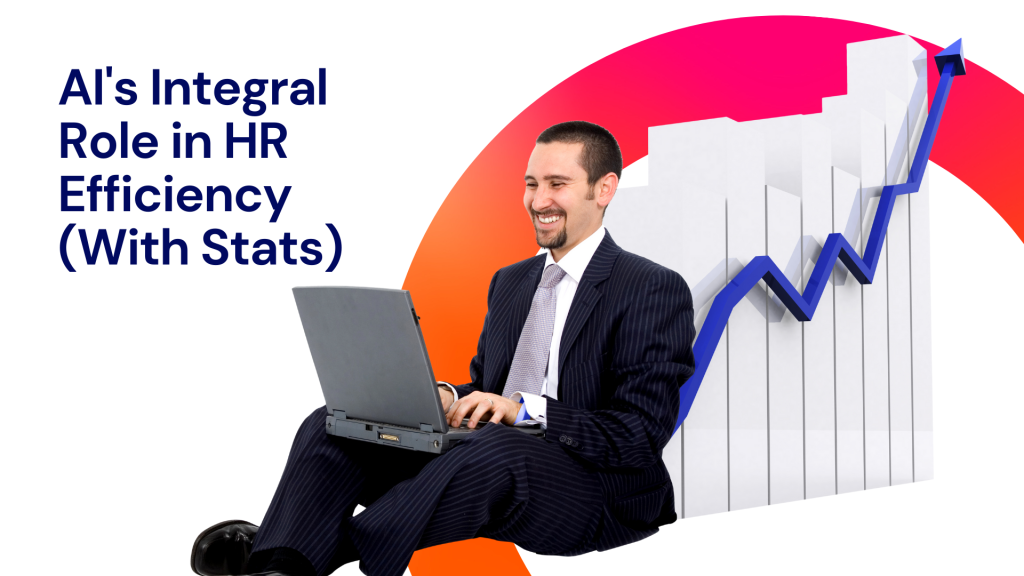Introduction:
In the rapidly evolving landscape of human resources (HR), the advent of AI-driven solutions has ushered in a new era of possibilities. Among these groundbreaking tools, Moodbit Copilot stands out as a beacon of innovation, making a profound impact on HR efficiency and contributing to a profound sense of employee fulfillment.

This article delves into the substantial influence of Moodbit Copilot on productivity and well-being within HR functions, highlighting its benefits through the lens of real-world statistics and insights.
The HR Revolution: Empowered by AI
The concept of employee well-being has evolved beyond mere happiness, encompassing a broader scope of contentment, engagement, and overall mental wellness.
Generative AI, is at the forefront of this revolution. By deciphering emotional cues, adapting to individual needs, and providing timely support, apps like Moodbit Copilot create an environment that fosters not only effectiveness when coming to do daily tasks or complex tasks like planning and strategies based on data of the own enterprise.
Statistics Speak Volumes: AI’s Integral Role in HR
A recent survey involving 250 HR leaders resonates as a powerful testament to the transformative role of AI in HR functions.
The survey unveiled a remarkable landscape where AI has already found a home across core HR areas.
A staggering majority of respondents (78 percent) have seamlessly integrated AI into employee records management, while payroll processing and benefits administration follow closely at 77 percent.
Business news daily
The influence of AI extends further, encompassing recruitment and hiring (73 percent), performance management (72 percent), and onboarding new employees (69 percent).
business news daily
Charting the Path Forward: HR’s AI Expansion
The survey’s statistics reveal an even more compelling narrative when it comes to the future of AI in HR. According github stats:
92 percent of HR leaders express their unequivocal intention to escalate AI utilization across HR functions. The top five areas poised for substantial AI integration include:
- Performance management with 43 percent
- Payroll processing and benefits administration 42 percent
- Recruitment and hiring 41 percent
- Onboarding new employees 40 percent, and employee records management 39 percent.
What’s even more exciting is that most organizations plan to implement these changes within the next 12 to 18 months.
Unlocking Efficiency: AI’s Role in Time-Reduction
Perhaps one of the most significant takeaways from this AI integration is the drastic reduction in time-intensive tasks. Routine processes that once monopolized hours of HR professionals’ time are now expedited through AI-driven systems.
This newfound efficiency liberates HR teams to shift their focus from mundane tasks to strategic initiatives that promote a proactive and engaging work environment. By delegating repetitive tasks to AI, employees are empowered to engage in higher-value responsibilities that drive organizational growth.
Conclusion:
Moodbit Copilot’s impact on HR efficiency and employee fulfillment cannot be overstated. Backed by compelling statistics, this AI-driven innovation is revolutionizing traditional HR practices.
As AI continues to shape the future of HR, the fusion of efficiency and well-being will serve as the cornerstone of success, ensuring that technology becomes an enabler for enhanced human-centric growth, productivity, and fulfillment.
Sources: